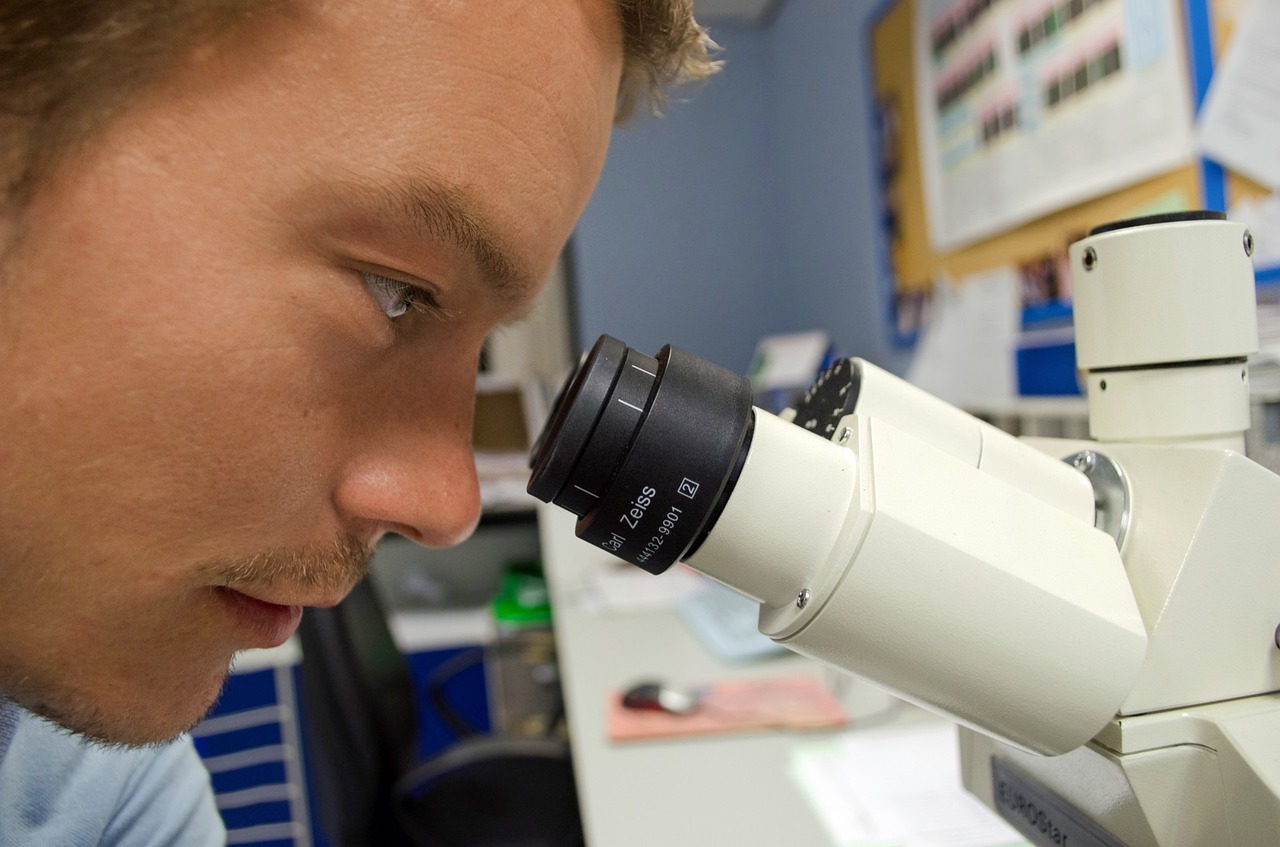Explore the latest advancements in biotechnology and how they are shaping the future. Discover how biotech breakthroughs are revolutionizing industries and improving human lives.
Introduction
Biotechnology is a rapidly evolving field that has witnessed astonishing breakthroughs in recent years. From developing innovative therapies to revolutionizing agriculture, biotech breakthroughs are transforming industries and improving human lives. In this article, we will delve into the world of biotech breakthroughs, explore their impact on various sectors, and understand how these advancements are shaping the future.
Biotech Breakthroughs: Driving Innovation
Biotech breakthroughs encompass a wide range of scientific advancements that harness the power of biological processes to solve complex problems. These breakthroughs are revolutionizing multiple sectors, including healthcare, agriculture, environmental conservation, and industrial manufacturing. Let us explore some of the most significant biotech breakthroughs that have captured attention and hold immense potential for the future.
Gene Editing: Unveiling the Secrets of Life
Gene editing technologies, such as CRISPR-Cas9, have emerged as a monumental biotech breakthrough. With the ability to precisely modify the genetic code, gene editing opens up a world of possibilities for treating genetic diseases, enhancing crop traits, and even combating inherited disorders. Through this revolutionary tool, scientists can target and modify specific genes, unraveling the secrets of life itself.
Personalized Medicine: Tailored Treatments for Optimal Health
One of the most promising biotech breakthroughs is the development of personalized medicine. This approach recognizes that each individual is unique and responds differently to treatments. Through genetic testing and analysis, doctors can now create customized treatment plans tailored to an individual’s genetic makeup. By considering a person’s genetic variations, personalized medicine aims to maximize treatment effectiveness and minimize adverse side effects.
Synthetic Biology: Redesigning Life
Synthetic biology, the engineering of biological systems to create novel functionalities, has unlocked new frontiers in biotechnology. Scientists can now construct biochemical pathways and design biological circuits to produce valuable compounds, such as biofuels, pharmaceuticals, and chemicals, in a sustainable and efficient manner. By harnessing the untapped potential of microorganisms, synthetic biology provides solutions to address global challenges, including pollution and resource scarcity.
Agricultural Biotechnology: Feeding a Growing Population
Biotech breakthroughs have made significant strides in the field of agriculture, offering solutions to nourish a growing global population sustainably. Genetic engineering enables the development of crops with enhanced traits, such as increased yield, resistance to pests and diseases, and improved nutritional content. Furthermore, biotechnology plays a vital role in developing drought-tolerant crops and optimizing farming practices, ensuring food security in the face of climate change.
Regenerative Medicine: Restoring Hope and Healing
Regenerative medicine holds immense promise for treating debilitating conditions that were once deemed incurable. Stem cell research, tissue engineering, and 3D bioprinting are key components of regenerative medicine, allowing researchers to regenerate damaged tissues and organs. These cutting-edge technologies have the potential to revolutionize the treatment of diseases such as Parkinson’s, Alzheimer’s, and spinal cord injuries, offering hope and healing to millions.
FAQs about Biotech Breakthroughs
Q: How are biotech breakthroughs revolutionizing healthcare?
A: Biotech breakthroughs are transforming healthcare by enabling personalized medicine, advancing gene therapy, and improving diagnostic tools. These advancements provide targeted treatments, better outcomes, and improved patient care.
Q: Can you give an example of a recent biotech breakthrough?
A: Absolutely! One recent biotech breakthrough is the development of mRNA vaccines, such as the COVID-19 vaccines. These vaccines harness the power of biotechnology to provide effective and safe protection against infectious diseases.
Q: What are the ethical considerations associated with biotech breakthroughs?
A: Biotech breakthroughs raise important ethical considerations, particularly in areas such as gene editing and synthetic biology. It is crucial to have robust ethical frameworks in place to ensure responsible and equitable use of these technologies.
Q: How do biotech breakthroughs contribute to environmental conservation?
A: Biotech breakthroughs contribute to environmental conservation by developing sustainable solutions. For instance, bioengineering microorganisms can help break down pollutants, while genetic modification can enhance crop resilience, reducing the need for harmful pesticides.
Conclusion
Biotech breakthroughs have transformed the scientific landscape, opening up unprecedented possibilities for human progress. From gene editing to personalized medicine, these advancements are revolutionizing industries and improving lives. As we continue to explore the potential of biotechnology, it is crucial to strike a balance between innovation and ethical considerations, ensuring a future that is both transformative and responsible. The biotech revolution is upon us, and its impact is poised to shape the future in remarkable ways. Embrace the possibilities, as we witness the dawn of a new era driven by biotech breakthroughs.
Disclaimer: The information provided in this article is for informational purposes only and should not be construed as professional medical or scientific advice. Always consult with a qualified healthcare or scientific professional for personalized guidance and treatment options.



